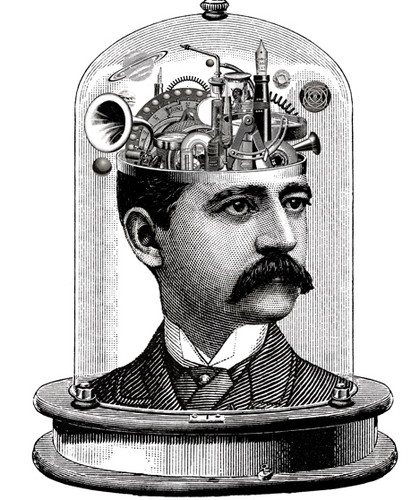In a recent Telegraph essay, Sir Martin Rees took on what he realizes is almost a fool’s errand: predicting the future. He holds forth on bioengineering, Weak Ai, Strong AI, etc. A passage about what he sees for us–them, really–in the far future:
Let me briefly deploy an astronomical perspective and speculate about the really far future – the post-human era. There are chemical and metabolic limits to the size and processing power of organic brains. Maybe humans are close to these limits already. But there are no such constraints on silicon-based computers (still less, perhaps, quantum computers): for these, the potential for further development could be as dramatic as the evolution from monocellular organisms to humans. So, by any definition of “thinking”, the amount and intensity that’s done by organic human-type brains will, in the far future, be utterly swamped by the cerebrations of AI. Moreover, the Earth’s biosphere in which organic life has symbiotically evolved is not a constraint for advanced AI. Indeed, it is far from optimal – interplanetary and interstellar space will be the preferred arena where robotic fabricators will have the grandest scope for construction, and where non-biological “brains” may develop insights as far beyond our imaginings as string theory is for a mouse.
Abstract thinking by biological brains has underpinned the emergence of all culture and science. But this activity – spanning tens of millennia at most – will be a brief precursor to the more powerful intellects of the inorganic post-human era. So, in the far future, it won’t be the minds of humans, but those of machines, that will most fully understand the cosmos – and it will be the actions of autonomous machines that will most drastically change our world, and perhaps what lies beyond.•
Tags: Martin Rees

